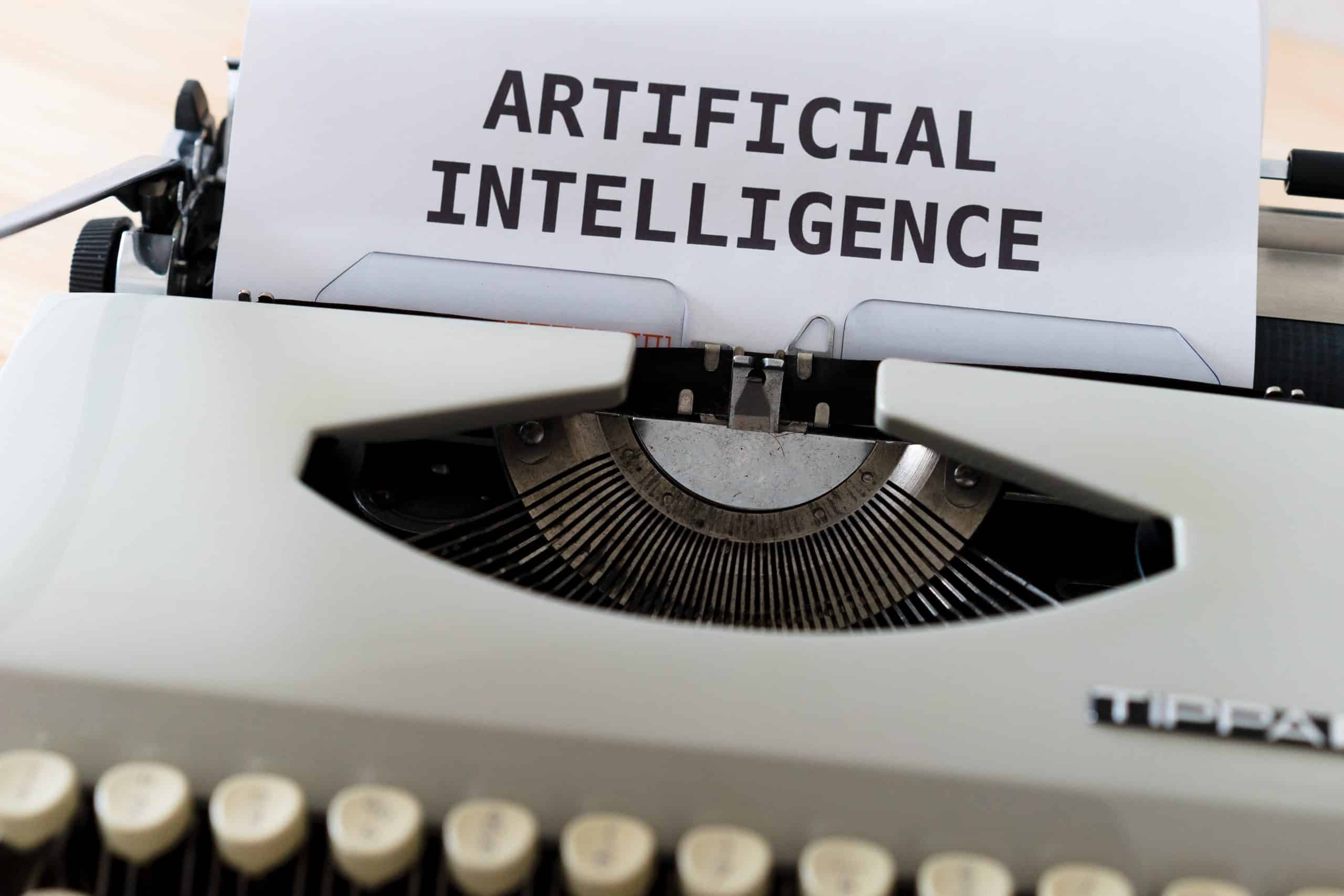The latest developments in artificial intelligence

Artificial intelligence (AI) has been a field of continuous growth and advancement in recent years. A subfield of computer science, AI promises to revolutionize various sectors from business to technology, data processing and beyond. From machine learning models that predict trends to robots that perform sophisticated tasks, the implications of AI are far-reaching. We are on the brink of a new era where systems that mimic human intelligence will not only simplify our lives but also herald new ways of thinking and working.
Machine Learning: Turning Data into Insight
Machine learning, a subset of artificial intelligence, is a data analysis process that uses algorithms to iteratively learn from data. This learning allows computers to find hidden insights without being explicitly programmed to look for them. Over the years, machine learning has developed into a robust tool for data interpretation and prediction.
Sujet a lire : What places to visit during your visit to Belfast ?
The advent of deep learning has further amplified the capabilities of machine learning models. Deep learning is a technique where neural networks with several layers enable a machine to learn from large quantities of data. These neural networks mimic the human brain’s decision-making process, making it possible to process and interpret data with unprecedented accuracy.
Generative AI: Creating New Realities
Generative AI is one of the latest advancements in artificial intelligence that has caught the world’s attention. In essence, generative AI models can create new content or predictions based on their learning, from writing human-like text, developing realistic computer graphics, to creating complex music scores.
En parallèle : Diversity and inclusion issues
One breakthrough in this area has been in language models. These models help computers understand and generate human language. OpenAI’s GPT-3, a generative pre-training transformer, is a recent example of a language model that can write like a human. It can create anything from a poem to a piece of code, underscoring the vast potential for generative AI in various applications.
AI in Business: Unleashing New Possibilities
AI’s application in business is another area witnessing immense growth and transformation. AI can help businesses understand their customers better, streamline operations, and make strategic decisions. Predictive analytics, customer service bots, and automated workflows are just a few ways AI is reshaping the business landscape.
For instance, AI algorithms can analyze customer data to predict future buying behaviors, enabling businesses to personalize their offerings. Also, AI-powered chatbots can handle customer queries round the clock, providing businesses with a cost-effective customer service solution.
Robotics: The Dawn of Intelligent Machines
Robots have been a mainstay in factories and industrial settings for years, but advancements in AI have propelled them into new territories. These intelligent machines can now perform complex tasks, navigate through challenging terrains, and even interact with humans in natural language.
Robots are now seen as key players in healthcare, agriculture, logistics, and even home maintenance. The sophistication in AI-powered robots does not just lie in their capabilities but also in their ability to learn from their environment and improve their performance.
AI Ethics: Navigating the New Landscape
As artificial intelligence becomes increasingly integrated into our lives, it brings forth a new set of ethical and societal questions. Issues of data privacy, job displacement, algorithmic bias, and the potential for AI misuse are all critical concerns that society must address.
The rise of AI ethics as a field of study underscores the importance of these concerns. AI ethics delves into the moral issues surrounding artificial intelligence and seeks strategies for managing AI in a way that respects human rights and promotes fairness. Despite the challenges, the focus on AI ethics shows a proactive approach to dealing with the implications of this breakthrough technology.
As we continue to explore the vast potential of artificial intelligence, it is evident that AI is not just a technological marvel but a catalyst for societal change. Its integration into various domains, from business to everyday life, will redefine how we work, live, and interact. While AI advances pose new challenges, they also offer opportunities for growth, innovation, and progress that are too significant to ignore.
AI in Education: Changing the Learning Landscape
With its ability to enhance and personalize the learning experience, Artificial Intelligence is slowly changing the face of education. The use of AI in education can be seen in intelligent tutoring systems, virtual facilitators, and content delivery systems. These systems use machine learning models to adapt content based on a learner’s needs.
One popular application of AI in education is the use of digital twins, virtual replicas of physical systems used for training and problem solving. For instance, postgraduate students in a computer science course can use digital twins to simulate complex computational problems, allowing them to experiment and learn in a risk-free environment.
AI also plays a crucial role in language learning. Language processing technology enables real-time translation and language lessons, making learning a new language more accessible. Further, AI-powered language models can help in improving the fluency and grammar skills of the learners.
Despite the considerable benefits, it’s crucial to remember that AI is a tool to enhance the human-led teaching process, not replace it. The role of a teacher in motivating and engaging students remains indispensable.
AI in Healthcare: Revolutionizing Patient Care
Artificial intelligence is revolutionizing healthcare by providing personalized medicine and predictive analytics, improving patient outcomes, and reducing costs. From machine learning models that predict disease patterns to natural language processing tools that automate patient data management, AI has immense potential in transforming healthcare delivery.
AI-powered systems like reinforcement learning models can make real-time decisions, such as recommending the best treatment plan for a patient. Computer vision, another subset of artificial intelligence, can help in reading radiological images with high precision, potentially outperforming humans in identifying minute abnormalities.
Moreover, AI can assist in drug discovery by predicting the success of drugs based on genetic factors and disease biomarkers. The use of AI in creating digital twins of patients is another promising development that can help in understanding the disease progression and response to treatment in a controlled environment.
Even though AI promises to revolutionize healthcare, the ethical implications concerning data privacy and algorithmic bias cannot be ignored. It is therein essential to establish robust regulatory frameworks that ensure the safe and ethical use of AI in healthcare.
The Future of Artificial Intelligence: A World of Opportunities
As we move further into the age of Artificial Intelligence, the integration of AI into various sectors is bringing about a radical change in how we perceive and interact with the world. From predicting customer behavior in business to assisting in life-saving healthcare decisions and enhancing learning experiences, AI’s applications are vast and transformative.
Amidst these exciting developments, it’s crucial to have an ongoing conversation about the ethical implications of AI. As AI technologies continue to evolve, so too must the conversation about its effects on job displacement, data privacy, and algorithmic fairness.
The future of AI, although somewhat uncertain, holds tremendous potential. As artificial intelligence continues to evolve, it will usher in a wave of innovation and efficiency in various sectors. However, the goal should not just be to advance AI technology but also to ensure it benefits society at large.
In conclusion, as Sam Altman, the CEO of OpenAI, once said, "AI will be the most important technology in human history. It’s going to change the world in ways we can’t even imagine yet." As such, we are just at the beginning of the AI revolution, and the potential it holds for transforming our lives is truly exciting. We are on a thrilling journey where every step forward in AI research and application opens up a world of opportunities and challenges.
